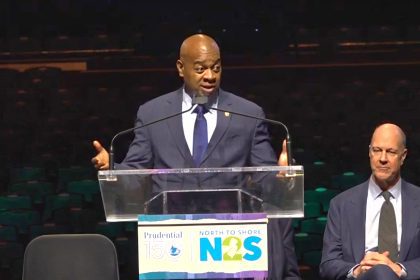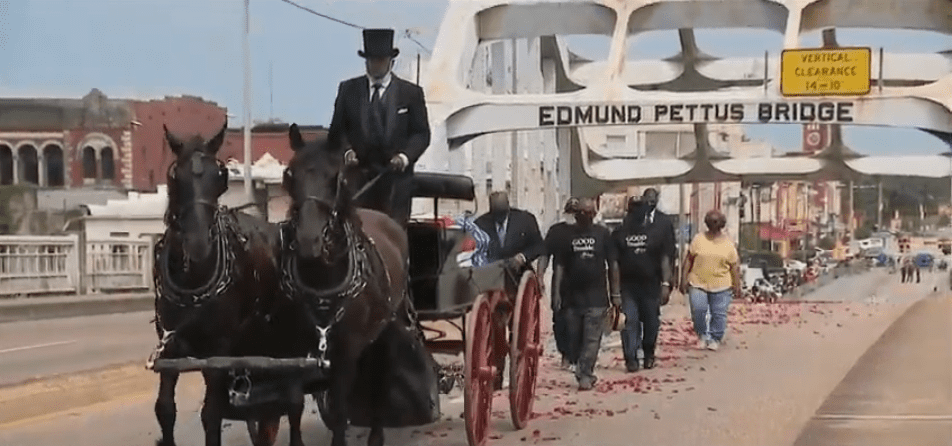A recent ruling by a federal judge has significantly altered the outcome of a high-profile discrimination case involving a former UPS employee, Tahvio Gratton. Initially awarded a staggering $237.6 million by a jury for workplace discrimination and wrongful termination, the judge has now dismissed a substantial portion of this award, raising questions about the treatment of employees of color in corporate America.
Background of the case
Tahvio Gratton, who worked as a driver for UPS in Yakima, Washington, from September 2016 until his dismissal in October 2021, claimed he faced severe discrimination due to his race. His lawsuit alleged that he was subjected to a hostile work environment, including being denied delivery routes, which is considered a form of daily layoff at UPS. Gratton’s claims also included instances of racial slurs and derogatory treatment from a white manager, who repeatedly referred to him as “Boy” during work hours.
Judge’s ruling
On Nov. 15, U.S. District Judge Thomas Rice ruled to reduce the punitive damages awarded to Gratton by dismissing the $198 million portion, labeling it as unreasonable. However, the jury’s award of $39.6 million for emotional distress remains intact, although UPS has indicated plans to contest this as well. The judge’s decision has sparked discussions about the adequacy of punitive damages in cases of workplace discrimination.
Details of allegations
Gratton’s lawsuit details a series of discriminatory practices he faced while employed at UPS. He alleges that after filing complaints regarding his treatment, he was retaliated against, culminating in his termination. One particularly troubling incident involved a manager who publicly berated Gratton, insisting he work faster while using racially charged language. This encounter was corroborated by a witness, a Foot Locker employee, who described the manager’s behavior as “shocking” and indicative of racial bias.
Additionally, Gratton’s lawsuit highlights systemic issues within UPS, where Black employees reportedly faced harsher scrutiny and more challenging work assignments compared to their white counterparts. For instance, Gratton was assigned to the mall route, known for its difficulty, and was often given out-of-the-way stops that extended his work hours into the night. Other Black employees similarly reported being assigned more strenuous routes and facing criticism for their performance.
Implications of the case
The reduction of Gratton’s award raises critical questions about the effectiveness of legal remedies for workplace discrimination. Many advocates argue that such rulings may discourage victims from coming forward, fearing that their experiences will not be adequately recognized or compensated. The case serves as a reminder of the ongoing challenges faced by employees of color in corporate environments, where systemic racism can manifest in various forms.
Next steps for UPS
Following the judge’s ruling, UPS has announced its intention to seek a new trial and overturn the remaining verdict. This move indicates the company’s commitment to contesting the jury’s findings and suggests that the legal battle is far from over. As the case progresses, it will be essential to monitor how it impacts not only Gratton but also the broader conversation around workplace equality and the treatment of minority employees.
The case of Tahvio Gratton against UPS underscores the urgent need for systemic change within corporate America to address racial discrimination. As the legal proceedings continue, it is crucial for organizations to reflect on their workplace policies and practices to ensure that all employees are treated with dignity and respect, regardless of their race. This case is not just about one individual’s experience; it is a call to action for all companies to foster inclusive environments that empower every employee.
















